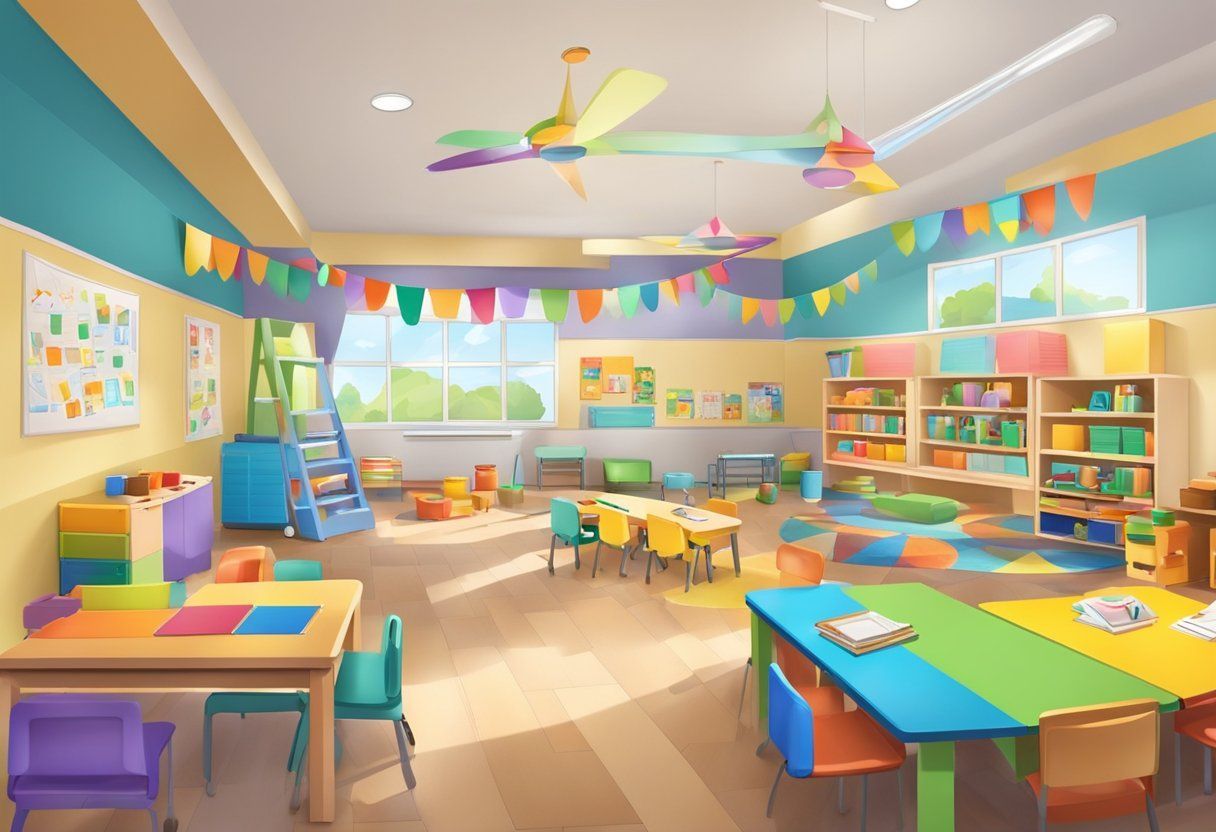BLOG
Categories
How to Get Started with In-Home Support Services for Adoptive Families: A Comprehensive Guide
Understanding the Basics of In-Home Support for Adoptive Families
In-home support services are crucial for adoptive families, providing personalized help tailored to their unique needs.
These services foster a loving and permanent home environment by addressing common challenges.
Defining In-Home Support Services
In-home support services offer personalized assistance directly within your home.
These services can help you manage day-to-day challenges and create a stable environment.
Professionals may provide counseling, educational resources, or logistical support tailored to your circumstances.
Such services are designed to ease the transition into your new family dynamic.
By working alongside you, they help ensure a successful adoption process, supporting emotional and practical needs.
This setup can be especially beneficial for addressing issues related to the child's past trauma, separation, or adjustment to a new home.
Benefits of Support for Adoptive Families
Supportive services offer numerous benefits, including guidance through the complexities of building a family.
They can help you create a nurturing, loving home by providing insights into adoption-related challenges.
Support services can assist in improving communication within the family, enhancing problem-solving skills, and building strong relationships.
By offering professional advice and emotional backing, these services help adoptive families feel more confident and competent in their parenting roles.
Such assistance can be fundamental to creating a permanent home where every family member thrives.
Navigating the Adoption Process with In-Home Support
In-home support services play a critical role in helping families both before and after adoption. They offer guidance on preparing for a new family member and assist with the adjustments that follow adoption.
Pre-Adoption Counseling and Preparation
Before adopting, it's important to have counseling to ready yourself for the new journey.
Pre-adoption counseling helps you understand the dynamics of bringing a child into your home.
Discussions may cover potential challenges and emotional readiness.
A counselor can assist in identifying the type of adoption that suits your family, whether it’s domestic or foster care adoption.
They help you develop parenting skills essential to meet the unique emotional needs of an adoptive child.
It's crucial to learn how to create a stable and nurturing environment.
Workshops and training sessions are often part of this phase to provide deeper insights into bonding and attachment.
You may explore how trauma can impact a child and ways to support healing and development effectively.
Pre-adoption counseling builds a solid foundation to ensure your family is ready for the changes that come with adoption.
Post-Adoption Adjustment and Transition Support
After adoption, adjustment support is vital to help your family integrate smoothly.
In-home services can guide you through this critical transition period, ensuring both the child and your family members adjust well.
Post-adoption services often include family therapy to address any emotional or behavioral issues.
These sessions can improve communication and strengthen family bonds.
Almost every adoption experience is unique, so personalized support plans cater to specific family dynamics and challenges.
Social workers or support specialists may visit regularly to provide hands-on assistance and check on the progress.
They offer practical strategies for managing any difficulties that arise and help maintain a safe, loving environment.
This support enhances resilience and ensures a positive adoption experience for all involved.
Connecting with In-Home Services and Resources
Explore different options and resources available for adoptive families seeking in-home support. Understand how to identify local service providers and utilize programs like DCFS and guardianship to receive the best assistance.
Identifying Local In-Home Service Providers
To start, find local in-home service providers who specialize in working with adoptive families.
These providers can offer support tailored to the needs of your family. It's essential to research and compare services to find a good fit.
Reach out to community organizations, social workers, and other families for recommendations.
They might know reliable providers or programs. Check online directories and websites related to foster care and adoption for local resources.
Contact potential providers to discuss your family's needs.
This helps ensure they can offer the support required for your situation.
This step is vital for getting the right help and promoting a healthy family environment.
Leveraging DCFS and Guardianship Programs
Utilize programs provided by the Department of Children and Family Services (DCFS) and guardianship organizations.
They can offer valuable resources and support for adoptive families.
These programs often include services like counseling, training, and educational resources.
DCFS can help connect you with financial assistance or therapy services.
This is especially helpful for families adopting from foster care or those involving relative caregivers.
Guardianship programs offer guidance and legal support.
They can assist in navigating complex legal processes and provide information about rights and responsibilities.
Engaging with these programs can be crucial for a smooth adoption journey and ensuring continuous support for your family.
Building a Support Network for Adoptive and Foster Families
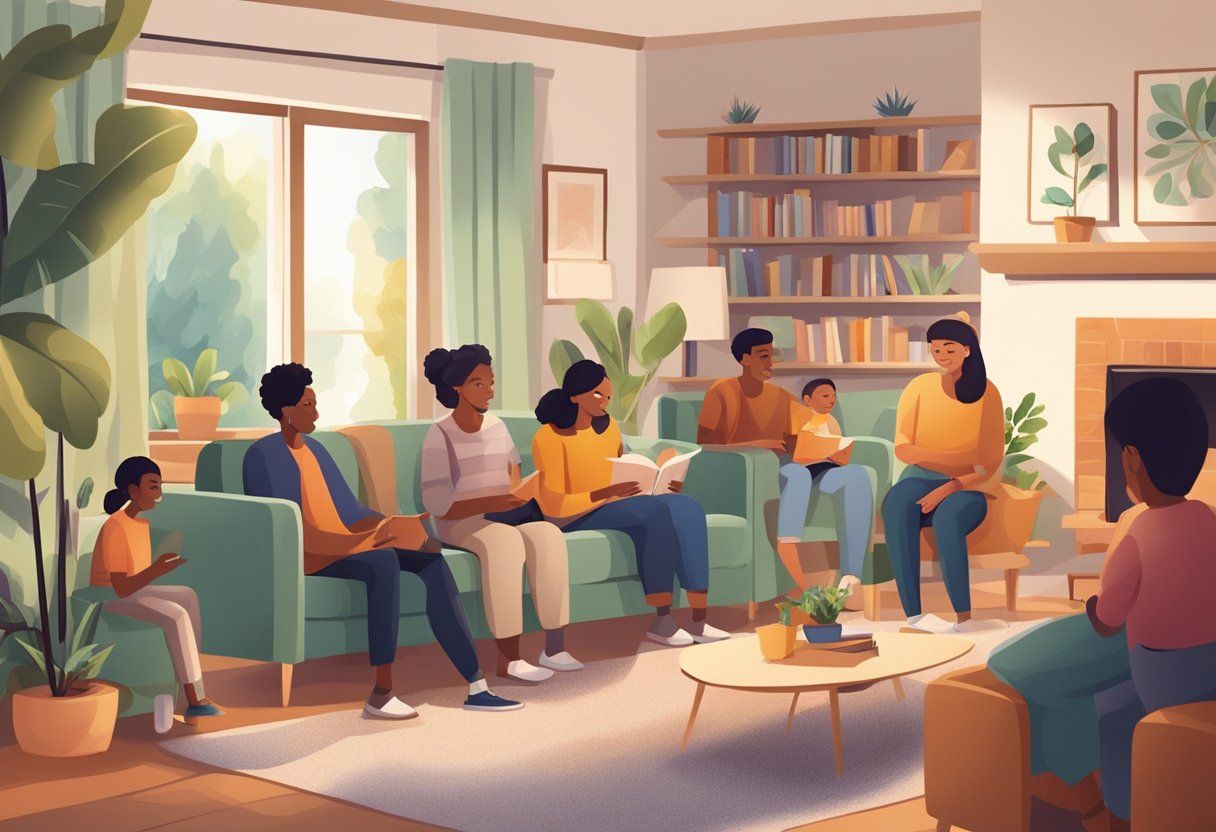
Creating a reliable support network involves connecting with groups and accessing helpful services. These connections can provide valuable resources and emotional assistance for both adoptive and foster families.
Joining Support Groups and Communities
Support groups offer a place to share experiences and advice.
Meeting other families going through similar situations allows you to learn and get inspired.
In these groups, members talk about both successes and challenges.
This sharing process can lighten emotional loads and make life seem a little easier.
Online communities also offer flexible ways to connect.
Social media groups and forums provide round-the-clock help.
These platforms allow you to ask questions and get advice without waiting for a meeting. Look for groups focused on adoptive and foster care specifically.
Accessing Crisis Intervention and Behavioral Health Services
Crisis intervention services help in urgent situations.
These services can provide immediate support and connect you with professionals who understand the unique stresses of adoption and foster care.
It's important to know where to turn before an issue becomes a crisis.
Behavioral health services also offer essential guidance.
Therapists and counselors can help families address emotional and psychological needs.
Engaging with a mental health professional provides strategies for handling tough situations and improves overall family dynamics.
These services strengthen your support system, making your family stronger and more resilient.
Exploring Residential Services and Ongoing In-Home Care
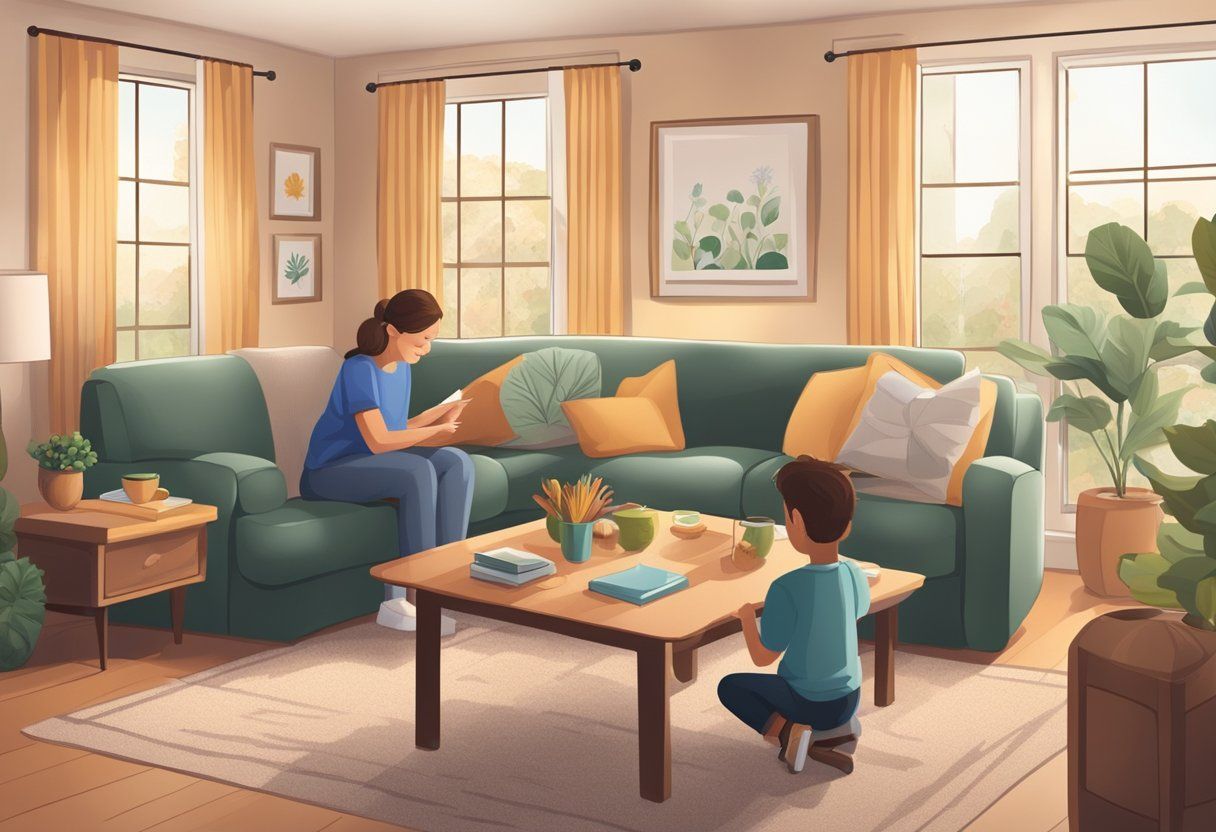
When you adopt a child, you might need some extra help at home.
In-home support services can be a great option. These services provide assistance directly in your home, making it easier to manage daily challenges.
Residential services offer care outside of your home, usually in a dedicated facility. These are designed to provide a stable environment for children with special needs or complex behavioral issues.
For ongoing in-home care, look for options that include counseling and therapy sessions.
These can be crucial for helping your family adjust and thrive. Some programs also offer parental training to show you effective strategies for different situations.
Many states, like Illinois, have programs in place to assist adoptive families.
These programs may offer financial aid or other supportive services. It's important to research what's available in your area.
Creating a supportive environment at home helps ensure your family's long-term success.
Consistent and structured care, whether in-home or through residential services, provides stability and security.
Take the time to explore different options and match them to your family's unique needs.
Frequently Asked Questions
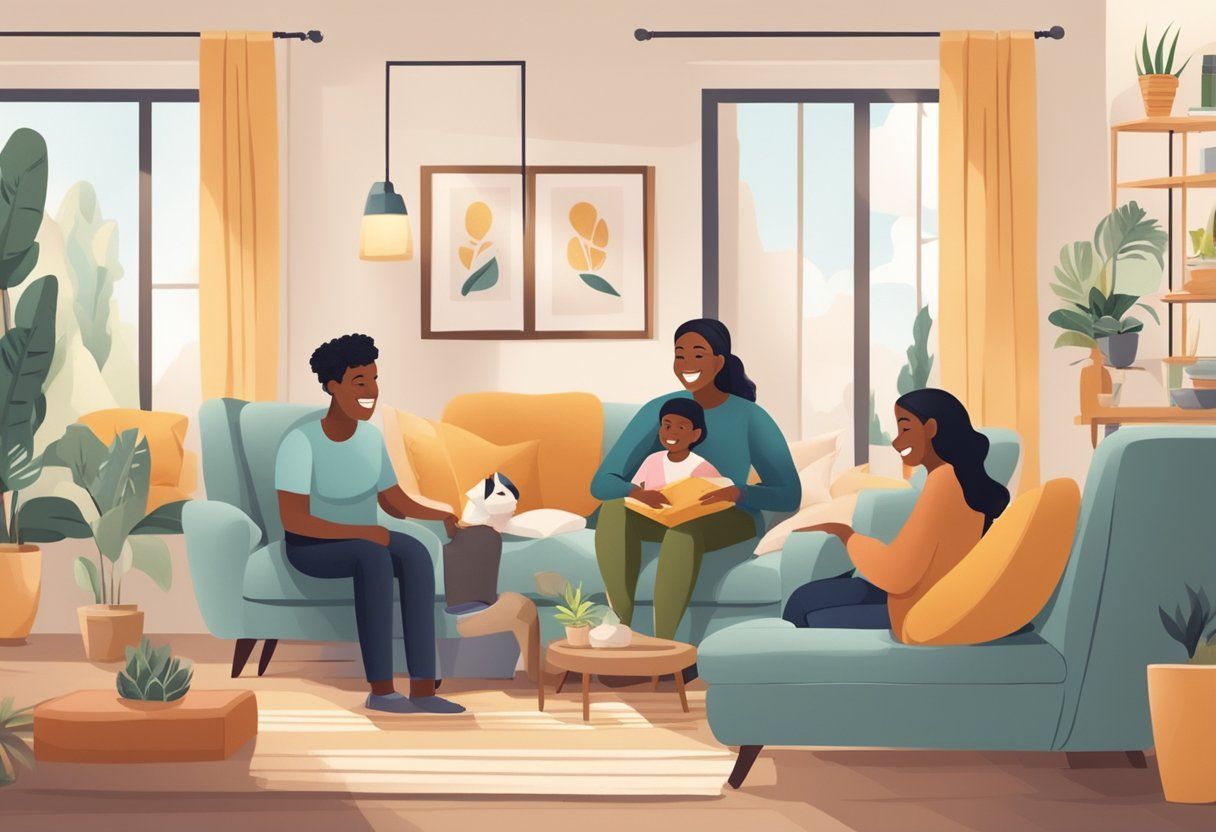
What can friends and family members do to support adoptive families?
Friends and family can offer practical help by babysitting or helping with chores.
Emotional support, such as listening and being understanding, is also valuable. Offering time and presence can make a big difference.
What are some effective stress management techniques for adoptive parents?
Adoptive parents can practice mindfulness and relaxation exercises to reduce stress.
Regular breaks, physical activity, and ensuring personal time for hobbies or relaxation are important for maintaining mental health.
How can professional counseling benefit adoptive families?
Professional counseling provides a safe space to discuss challenges and develop coping strategies.
It can help adoptive families improve communication and strengthen family bonds, enhancing overall well-being.
What resources are available to help adoptive families navigate post-adoption challenges?
Adoption agencies and support groups offer resources and guidance.
Online forums and local community organizations often provide valuable advice and support specific to the needs of adoptive families.
In what ways can the community provide support to adoptive families?
Communities can support adoptive families by offering welcoming environments and inclusivity.
Local events and support groups can foster a sense of belonging, connecting families with others who share similar experiences.
How can educational institutions create an inclusive environment for adoptive families?
Schools can promote inclusivity by educating staff and students about adoption. They can offer tailored support plans for adoptive students. Additionally, they can ensure that educational materials acknowledge diverse family structures.
RECENT POSTS
Bringing and keeping families together!








